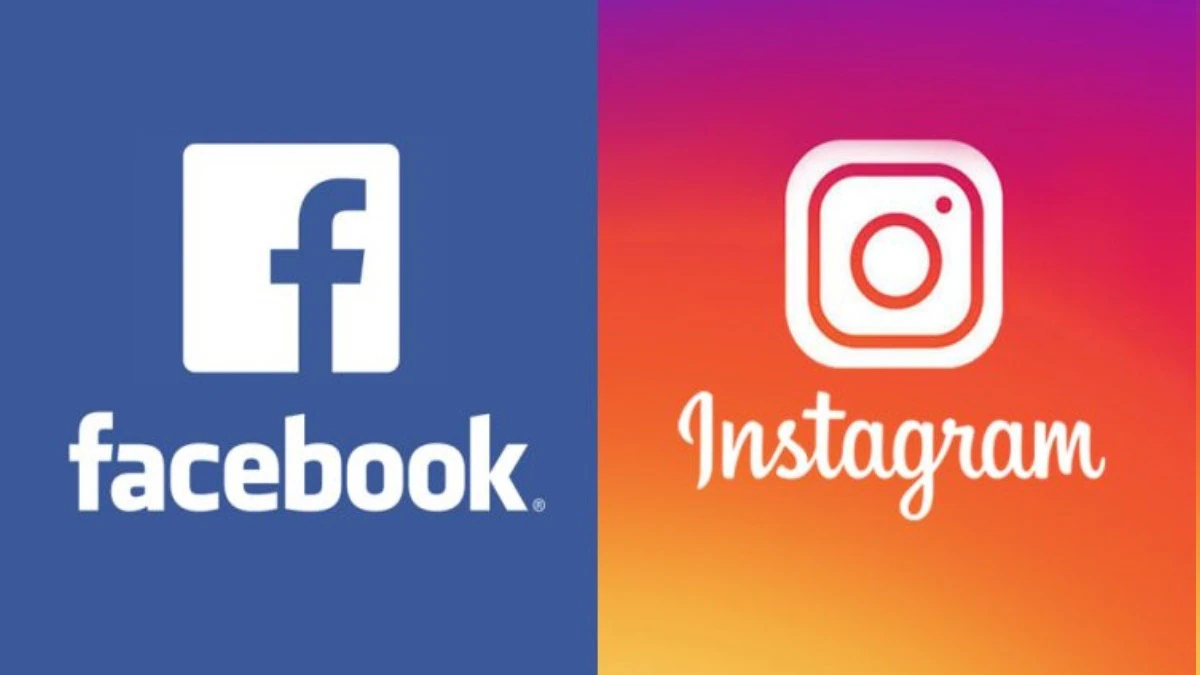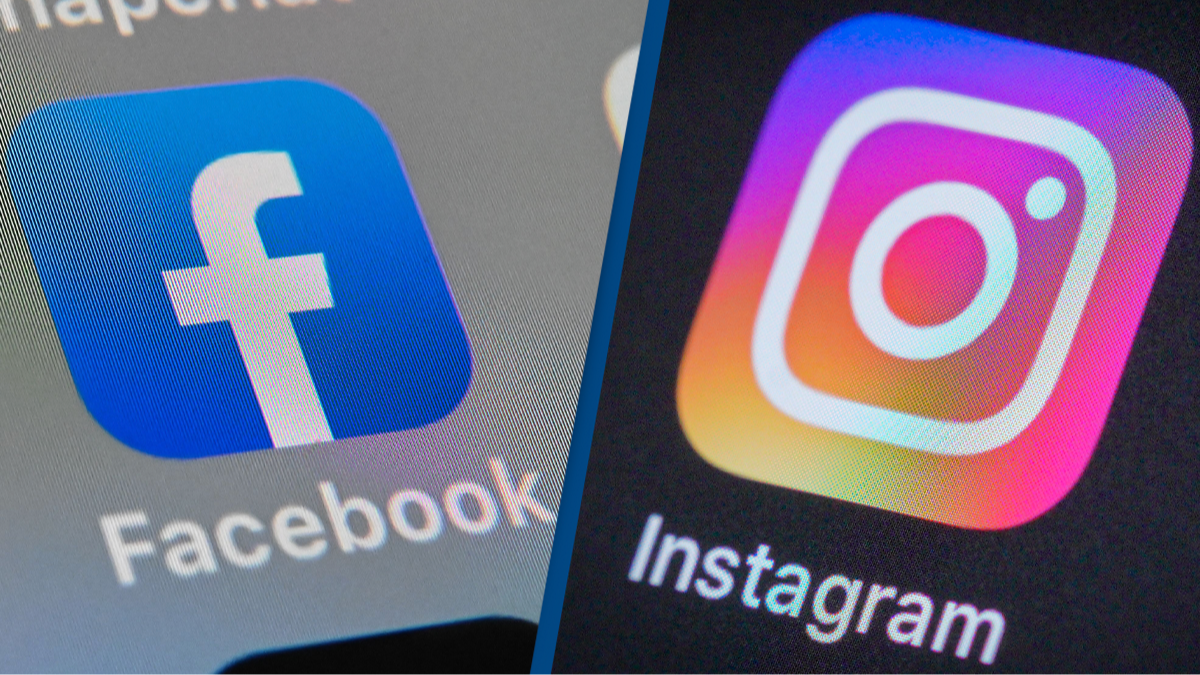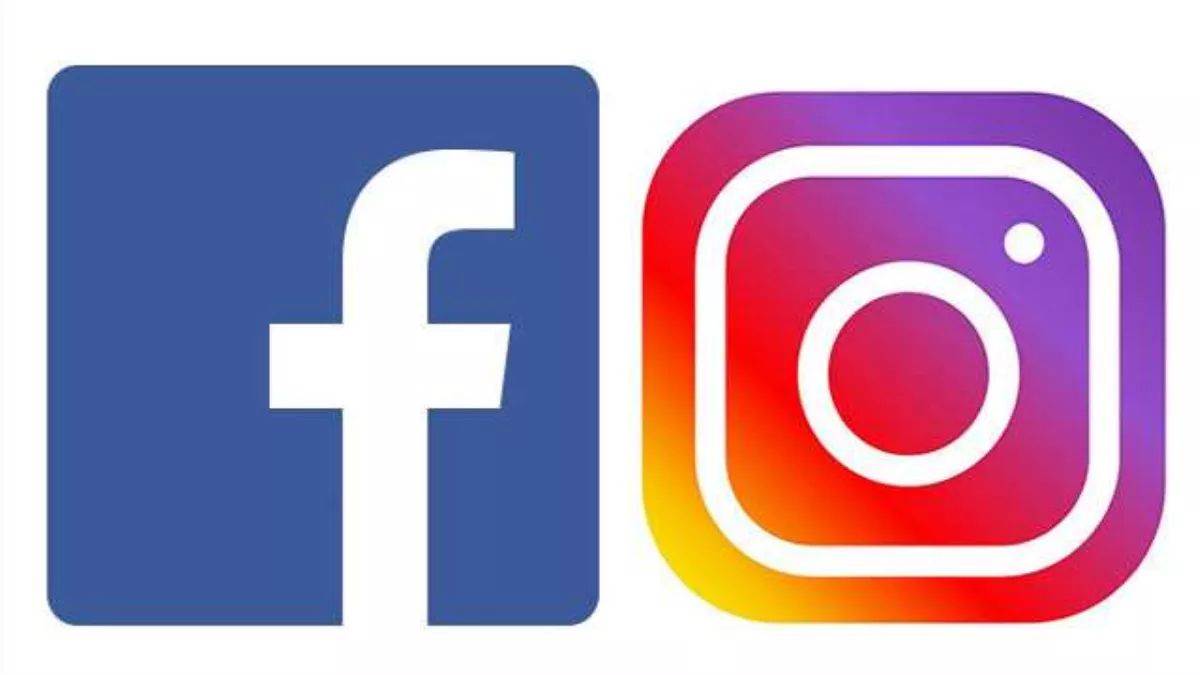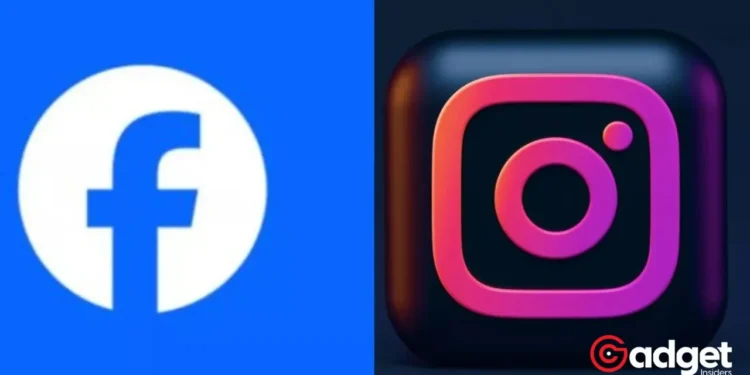In an unexpected turn of events that rippled across the digital landscape, the sudden downtime of Facebook and Instagram on March 5th left millions worldwide in a state of disconnect. This occurrence wasn’t just a temporary glitch in the matrix; it was a moment that highlighted our deep-rooted dependency on social media.
But the plot thickens with the hacker collective Anonymous stepping into the spotlight, claiming responsibility for what they describe as a ‘cyber attack’ on Meta’s crown jewels.

A Global Stir: The Moment the World Went Silent
As the day unfolded, users were met with the bewildering reality of being logged out of their Facebook accounts, a scenario many had not envisioned. The outage wasn’t a whisper in the digital ether; it was a loud crash that disrupted the comforting hum of internet content we’ve all grown accustomed to.
This digital tremor caused a significant stir, propelling users to seek refuge and answers on other platforms, notably X (formerly known as Twitter).

Meta’s communication channels were swift to acknowledge the issue, with spokesperson Andy Stone assuring the public that they were on top of the situation. Yet, the outage was more than a mere inconvenience; it was a live demonstration of how integrated these platforms have become in our daily lives.
Facebook and Instagram Outage: The Claim of Cyber Sabotage
Amidst the chaos, a bold claim surfaced from the shadows. Anonymous, a group synonymous with high-profile cyber activities, declared that the outage was the result of a deliberate cyber attack targeting American social media platforms.
Their message was clear and laced with a touch of irony as they highlighted the financial implications for Meta, with losses reportedly amounting to $256,849 for every minute the services remained down. This claim, supported by data from Downdetector showing a spike in outage reports, added a layer of intrigue to the unfolding narrative.
What, @Meta server just hacked?#Meta #instagramdown #INSTAGRAM #Facebook #facebookdown pic.twitter.com/dPoWlyBlbI
— Ujjwal Kumar (@imujjwaal) March 5, 2024
The Aftermath and the Quest for Normalcy
Despite the alarming claims, for many users, the digital world began to right itself as services were gradually restored. The requirement for users to log back into their accounts post-outage was a minor hiccup in the grand scheme of things. Interestingly, the incident shone a light on the resilience and adaptability of the digital community, ready to pivot to alternative platforms in times of crisis.
While Downdetector’s data provided a visual representation of the outage’s impact, with a significant number of reports for both Facebook and Instagram, it also hinted at a return to stability. The slight uptick in reports concerning X, while minimal compared to its larger counterparts, underscored the interconnected nature of our digital existence.
The Lingering Questions
Meta’s official stance, attributing the outage to a technical issue, seems to put a mundane spin on the day’s events. Yet, the bold assertions by Anonymous hang in the air like a question mark, challenging the narrative and leaving us to ponder the true nature of the outage.
Was it a mere technical glitch, or were the day’s events a testament to the vulnerabilities lurking within our digital infrastructure?

In the digital age, where social media platforms have become the backbone of communication, commerce, and connection, the implications of such outages extend far beyond mere inconvenience. They serve as a wake-up call to the fragility of our digital ecosystems and the ever-present threat of cyber disruptions.
As we navigate through the aftermath of this digital upheaval, one thing is clear: the conversation around cybersecurity, digital resilience, and the transparency of social media giants is far from over. The outage of March 5th may have been resolved, but the discussions it has ignited are only just beginning.










